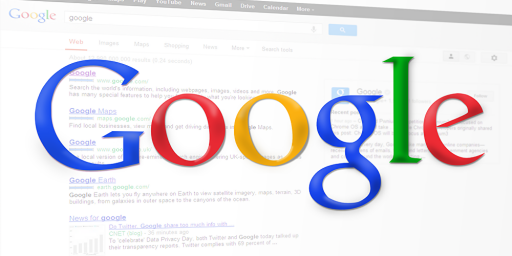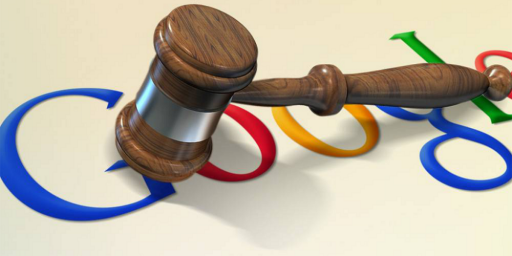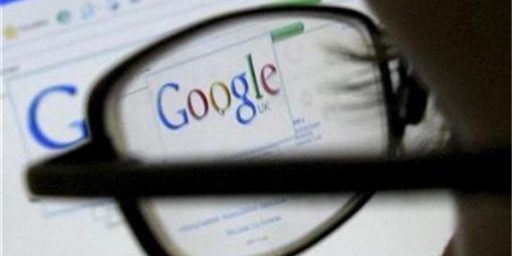Google Universal Search
Google is combining all its search products into a “Universal Search” integrating static Web pages, news, and video.
Universal Search means that standard Google searches will draw results from separate properties covering books, local information, images, news, and video, said Marissa Mayer, vice president of search and user experience.
“It’s breaking down the silos of information that have been built up. It’s a broad, long-term vision that will unfold over the next few years,” Mayer said. “We are really excited about what Universal Search could evolve to in the future.”
The combined search includes any site indexed by Google’s services. On the video side, for example, it will include YouTube, Google Video and independent sites like Metacafe.com.
One suspects that services owned by Google will be more equal than others but there is a powerful market incentive to deliver quality results, with Microsoft and others waiting in the wings with innovative products of their own. The merger will be interesting, considering that Google has been moving in the opposite direction in recent years, segmenting video, blogs, news, and other categories.
Google VP for Search Products & User Experience Marissa Mayer says she came up with a mockup for this idea back in 2001. Her explanation for the move is reasonable enough: “Even then, we could see that people could easily become overwhelmed with the number of different search tools available on Google — let alone those that would be created over the next few years. This proliferation of tools, while useful, has outgrown the old model of search. We want to help you find the very best answer, even if you don’t know where to look.”
Eric Savitz draws attention to the announcement that the company is “deploying a new technical infrastructure…to handle the computationally intensive tasks required to produce universal search results” and “releasing the first stage of an upgraded ranking mechanism that automatically and objectively compares different types of information.”
That could be either good news or bad news for content providers. Steve Rubel thinks it’s probably good news for people like me, though. Noting that the search results are being assembled in “real time,” sees a revolution in search: “Google doesn’t say it explicitly, but I suspect that their algorithm favors Wikipedia, news, blog video results now more than they did before. Lots of people won’t even notice that Google made changes, but they’re there.”
Danny Sullivan has a step-by-step guide to navigating “the most radical change to [Google’s] search results ever.” He has several glossy screencaps with circles and arrows and a paragraph below explaining each one.
Tons more linked at Techmeme.





